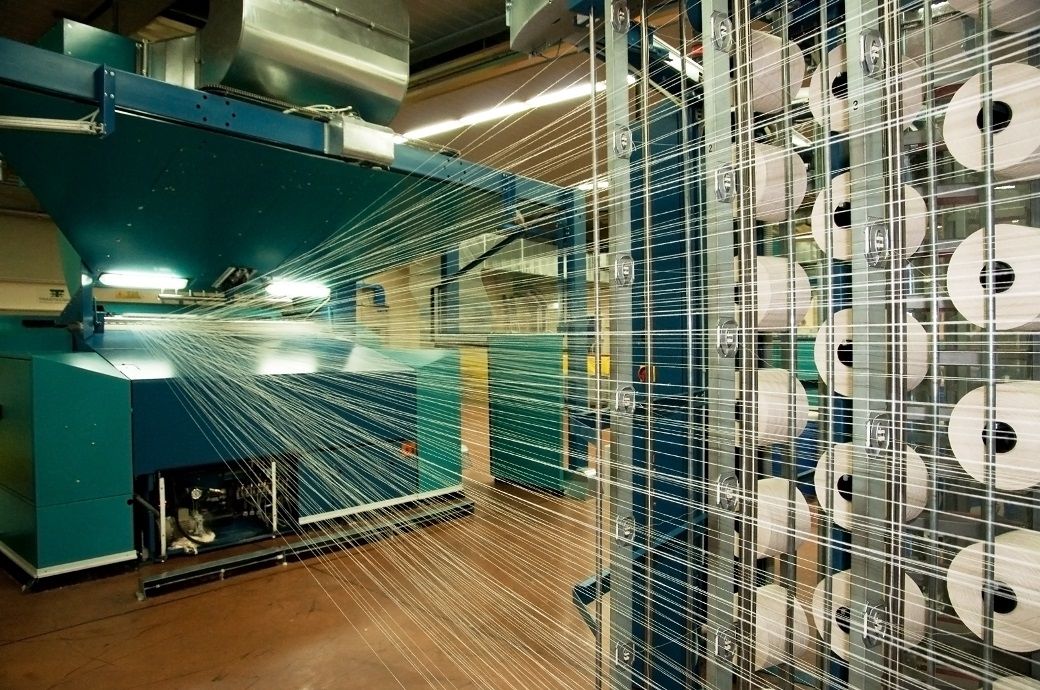
Manufacturers eked out a modest gain in production, as the factory output index was up from 48.9 to 50.4 to signal the first increase in production since last May.
Rising demand, healing supply chains, order book backlog reduction and improved confidence underpinned the upturn. The data are consistent with the economy expanding in the first quarter so far, with employment also continuing to rise, as per S&P Global.
Input cost inflation meanwhile cooled further, notably in the manufacturing sector. While rates of selling price inflation remained stubbornly high in part linked to the impact of higher wage costs, the overall rate of selling price inflation also slowed, down to a 16-month low, in a further sign of moderating price pressures.
Within the euro area, both France and Germany returned to growth for the first time since last October and last June, respectively. The composite PMI for France rose from 49.1 to 51.6. The composite PMI for Germany meanwhile edged up from 49.9 to 51.1 reflecting the first expansion of manufacturing output since last May.
However, it was the rest of the eurozone as a whole that reported the strongest performance, the composite index up from 51.4 to a nine-month high of 53.9, thanks to broad-based growth of manufacturing.
The increase in output was supported by firms once again eating into their backlogs of orders, notably in the manufacturing sector. The latest overall decline in backlogs was the smallest seen for six months, however, the shallower rate of decline in part reflecting the recent improvement in new business inflows.
In manufacturing, the renewed growth of output was also often linked to improved supply chains, with average supplier delivery times shortening for the first time since January 2020, and to the greatest degree since May 2009. An especially marked improvement in supplier performance was recorded in Germany, where a survey record shortening of lead times was reported.
Improved supplier performance was commonly linked to fewer supply chain shortages which, in addition to facilitating higher output, helped take pressure off industrial input prices, which rose only modestly in February and at the slowest rate since September 2020. Softer manufacturing cost inflation also often reflected weak demand for inputs, with purchasing by factories dropping sharply again in February as firms remained focused on inventory reduction.
While the return to growth of new orders also encouraged further hiring, with employment rising across the manufacturing sector in February, the rate of job creation edged down from January’s three-month high and continued to run well below rates seen this time last year. Slower jobs growth in part reflected labour supply shortages but was also often linked to uncertainty about the outlook.
Optimism about the year ahead nudged higher in February, rising to a one-year high, though was merely in line with the survey’s long-run average. Future sentiment has nevertheless improved considerably in manufacturing since late last year, attributed by survey respondents to fewer concerns over the possibility of a deep recession, reduced worries around energy supply and prices, as well as signs of a peaking of inflation and improved customer enquiries.
ALCHEMPro News Desk (DP)
Receive daily prices and market insights straight to your inbox. Subscribe to AlchemPro Weekly!